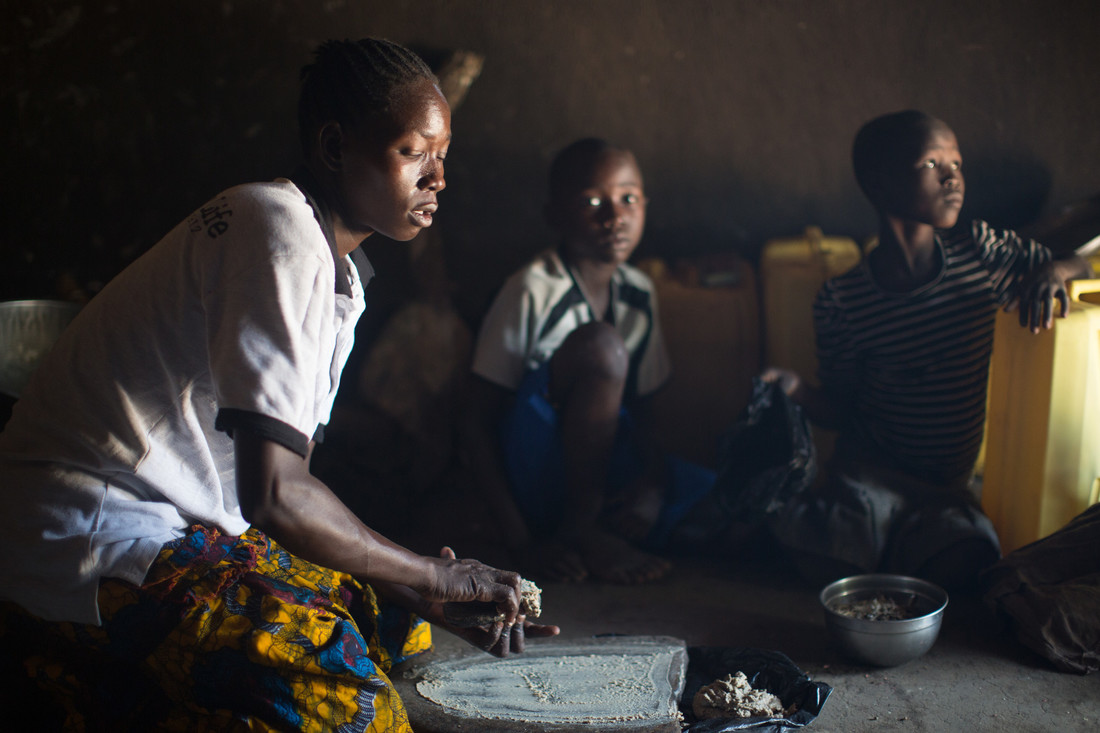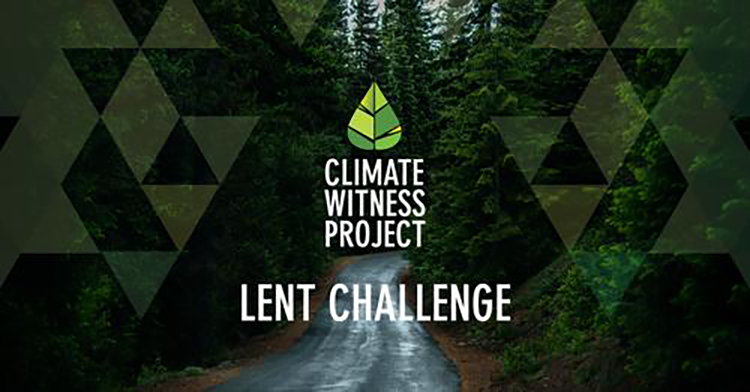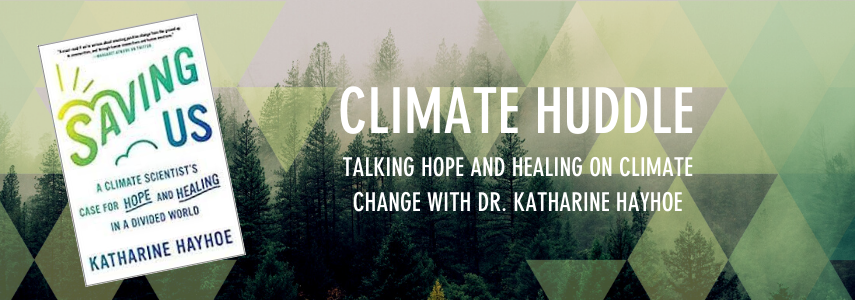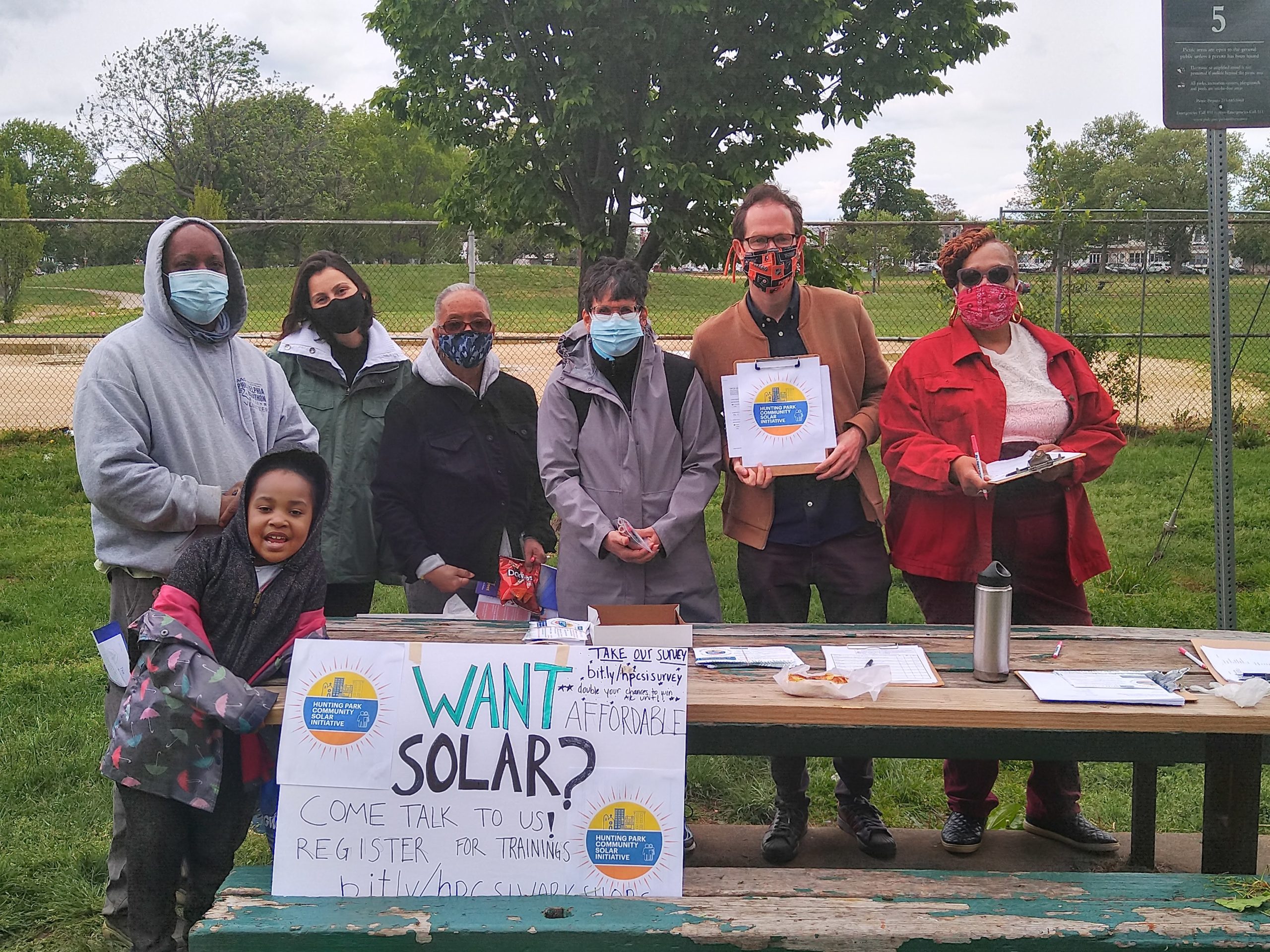Addressing The Impact of Gender-Based Violence

The following content contains descriptions and stories of the violence women suffer around the world on a daily basis. We understand this content could trigger readers who have their own stories of harm and invite these readers to navigate away from this page at this time. If you would like to give to World Renew to end gender violence without reading further, you may do so here.
Gender-based violence (GBV) is the most severe form of gender injustice. Most often, it targets women and is driven by social constructs and cultural norms that perpetuate inequality and are intended to degrade, humiliate, and confine women.
Gender-based violence (GBV) circles the globe, attacking one in three women throughout their lives. The data tells us that often this kind of violence occurs by the hand of someone a woman knows well:
- Up to 35% of women around the world suffer both physical and sexual abuse in their intimate relationships or sexual violence by non-partners.
- 27% of women aged 15-49 years who have been in a relationship report that they have been subjected to some form of physical or sexual violence by their intimate partner.
- 38% of murders of women are committed by an intimate partner.
In this article, we’ll discuss several important insights about GBV that you need to know, as well as its impacts, in order to help you protect the most vulnerable.
What is gender-based violence?
Above all, gender-based violence is a violation of human rights and a public health problem that transcends economic wealth, culture, ethnicity, age, and sexual orientation. It includes physical, sexual, verbal, emotional, and psychological abuse, threats, coercion, and deprivation of economic opportunities or educational rights.
While gender-based violence can affect both men and women, most victims of GBV are women and girls.
GBV also manifests itself through child-early and forced marriage (CEFM). GBV cases are influenced by gender disparities and societal stereotypes. Typically, they constrain the sexuality of girls, often in connection with ethnic, religious, or conventional social standards.
Women who live in poverty are highly vulnerable to these violations. They face high levels of abuse and exploitation and have minimal resources to resist or escape such abuse, which can even include a lack of access to good healthcare services and legal resources necessary to address the consequences of GBV.
These violations of human rights attack women and girls’ dignity, health, freedom from harassment, and even their lives since some cases of gender-based violence result in death of the victims. Moreover, poverty greatly limits women and girls’ choices to leave abusive relationships where such violence is the norm.
What are the forms of gender-based violence?
Gender-based violence is waged in various ways, from its most common form, intimate partner and domestic violence, to newer forms like online harassment. These various types are not mutually exclusive, and several violent events may happen simultaneously.
Here are the four most common types of gender-based violence you should look out for:
Physical violence
An act that causes physical bodily harm. Among other things, physical abuse can take the form of an extreme and minor attack, freedom deprivation, and even death. In addition, physical abuse leads to the psychological trauma of almost all victims/survivors.
Sexual violence
Any sexual act or attempted sexual act performed without consent is considered rape or sexual harassment. Sexual violence includes defilement, which is the sexual violation of minors. Defilement, even with consent, is an offense since minors don’t have the mental capacity to consent. It also includes tracking for sexual purposes.
Psychological violence
An act that damages an individual’s mentality. For instance, psychological abuse may be experienced through coercion, slander, verbal insults, and harassment.
Economic violence
Any act or conduct that is harmful to a person economically. Economic violence may take the form of property destruction as well as restricting access to financial resources or the labor market.
Causes of gender-based violence
The causes of gender-based violence are complex and interrelated, often involving intangible societal norms and structures. However, to better understand the nature of gender-based violence and help those affected by it, here are the common root causes of GBV:
- Inequality
- Hunger
- Rape culture
- Harmful gender norms
- War and conflicts
- Objectification and degradation of women
With that said, there are also situational causes of gender-based violence that are unique to each scenario. For instance, the outbreak of COVID-19 has exacerbated gender-based violence in some parts of the world, with victims locked in homes with perpetrators as well as limited economic opportunities causing tension in homes and even forcing young girls to leave in search of economic opportunities, which sometimes leads them to trafficking for sex or early marriages.
Take, for example, Bangladesh’s prevalence of gender-based violence. Bangladesh has been grappling with the disturbing ‘shadow pandemic’ in the wake of the global COVID-19 crisis: increasing violence against women. After a national lockdown in March, the levels of women’s emotional, physical, and sexual abuse across Bangladesh rose.
In March and April 2020, when the COVID-19 outbreak was at its peak, the human rights and legal aid network of BRAC, Bangladesh’s largest non-governmental organization, also reported an almost 70% rise in girl’s and women’s violence cases.
The impact of gender-based violence
Physical impact on the victim
Gender-based violence damages its victims’ health, dignity, and security, often persisting through a culture of silence, stigma, and shame.
Victims of violence can experience harm to their sexual or reproductive health, including forced and unwanted pregnancy, illegal abortions, female genital mutilation (FGM), physical injury. Also, psychological stress including lack of sleep or nightmares, sexually transmitted diseases including HIV, disruption of sexual or reproductive health, or even death.
World Renew focuses our response work on a tangible and concrete support that helps survivors of GBV process their trauma, heal, and find safety and flourishing in their community by:
- Providing health and economic support for teenage and unplanned pregnancies
- Offering sexual and reproductive health rights education for adolescents and young mothers
- Reversing the trends of school drop outs among those who have experienced abuse through providing support and grassroots advocacy
- Creating economic opportunities for GBV survivors
- Supporting trauma healing and counselling to process stress, depression, and general feelings of unworthiness through the biblically based curriculum as well as group and individual counselling
- Connecting women with medical care for fistulas
Emotional impacts
When a woman experiences sexual abuse, the physical and emotional effect lasts and manifests itself in all aspects of her life. The survivors of sexual assault and rape have many trauma-induced effects such as lack of sleep and food irregularities, exhaustion, feelings of rage, fear of sex, self-guilt, and lack of ability to focus.
Those who have experienced sexual abuse or other forms of gender-based violence often feel guilt or shame associated with the experience. However, remember that this feeling does not have a rational basis and that seeking help from others goes a long way in assisting with recovery.
Sexual abuse can have profound and lifelong impacts on the survivors’ mental health, leaving them more vulnerable to depression, anxiety, and post-traumatic stress disorder. At World Renew, our trauma-processing groups help survivors of GBV address depression, anxiety, post-traumatic stress, isolation, loss of trust, and low esteem.
Meet Mina, who was sexually abused by her elder brother, causing her to stop going to school. Mina’s leaders recognized gender-based violence and took immediate steps to help her.
Impact on society and culture
Gender-based violence culture degrades women and girls, normalizing the abuse, claiming GBV is incidental, as well as ignoring sexism, promoting violence, and using men’s masculinity to justify or refute their actions. The shame and stigma associated with GBV limit the survivors’ will to seek medical and legal help. Legal processes are not affordable and take a long time for victims/survivors to get justice, if any at all.
Different common societal and cultural factors come into play when talking about gender-based violence in a culture or society; these include:
- Gender stereotypes and prejudice
- Perceptions of femininity and masculinity
- General approval in the public sphere of violence, such as street sexual harassment of women
Sexuality is often connected in many cultures with the idea of so-called “family values.” Some cultural traditions permit the killing of women accused of defiling their honor by engaging in sex, marriage, or divorce without the family’s consent.
What can you do to help prevent GBV?
Ephesians 5:11-13 teaches us that loving justice and acting justly means refusing to tolerate abuse but instead exposing it and stopping it.
You play a crucial role in ending gender-based violence by raising awareness and empowering young people around you to speak against the impact GBV has within communities.
You can also partner with World Renew in working with communities to promote better policies and practices to prevent and respond to gender violence – all with the goal to help those affected by gender – based violence by offering economic empowerment, medical care, legal services, and psychosocial support to those who are at risk of GBV as well as survivors of GBV.
World Renew also works to change men and boys’ perceptions by facilitating community-led conversations on gender awareness, equality, and the rights of women and girls to speak and experience safety and respect for their bodies. Change begins when you donate to support World Renew’s efforts to eradicate gender-based violence and help the victims today.
Share This Story
MORE STORIES AND NEWS LIKE THIS
Loving our Neighbor: A Net Zero Lent Challenge
Loving our Neighbor: A Net Zero Lent Challenge Most of us in the West are
Climate Huddle Conversations
Climate Huddle Conversations How do we move the needle on climate action? According to Dr. Katherine
Climate Change Advocacy at the Community Level
Climate Change Advocacy at the Community Level With the release of the latest Intergovernmental Panel



